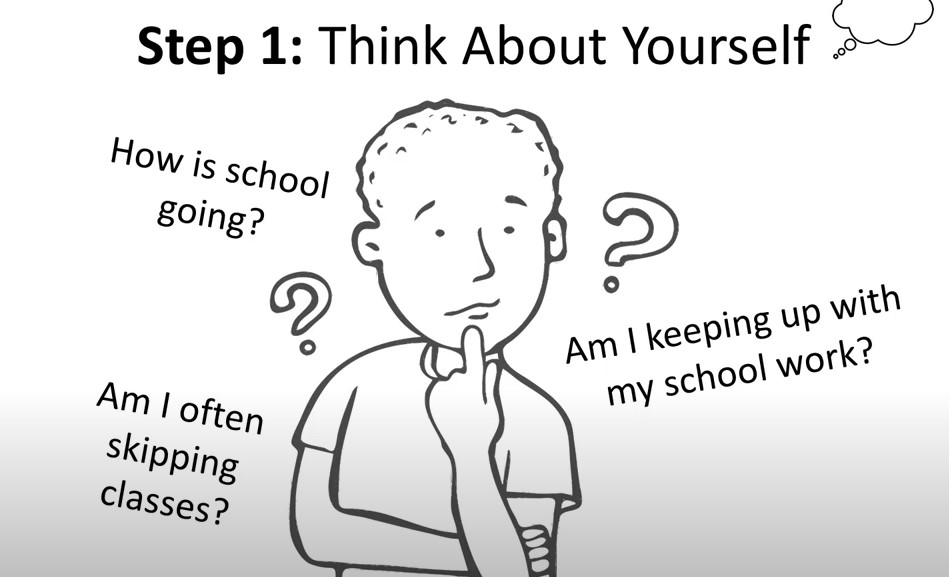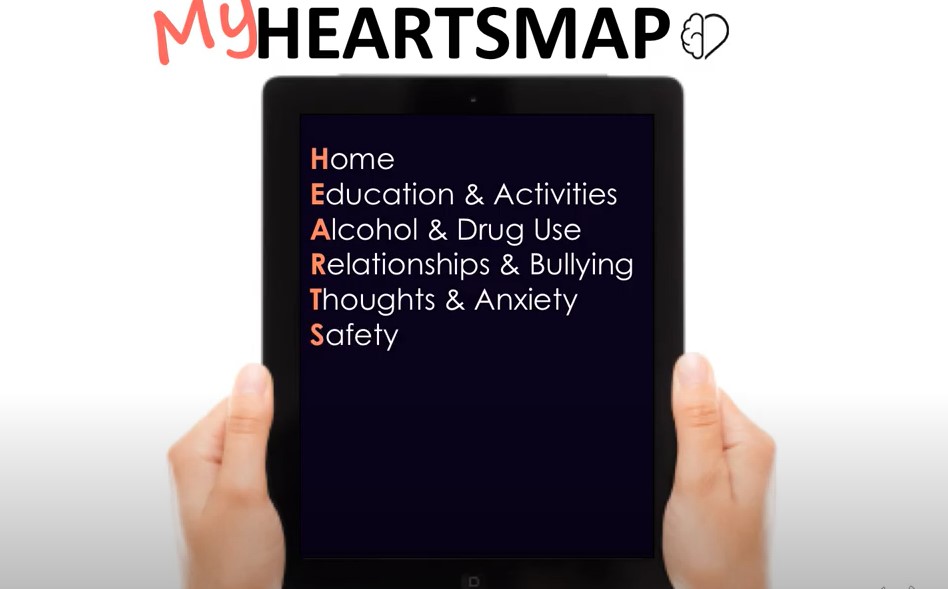MyHEARTSMAP is an online tool that goes through a list of probing questions to find out more about a child’s circumstances and lead them to the appropriate resources.
“The idea is, we get MyHEARTSMAP into Canadian households and for kids to identify issues so they can access resources early,” says Doan.
“We can then prevent things from progressing and getting more severe, which tends to happen when concerns are unaddressed.”
A study out of BC Children’s found two-thirds of children and youth in the province have had mild to moderate mental health challenges during the pandemic. Another study conducted before the pandemic had shown that one-third of screened kids had similar concerns.
“MyHEARTSMAP can guide a family through the conversation to make sure all aspects of their mental wellness are being discussed,” she says. “Sometimes we focus on only one topic. For example, we may talk about suicidal ideation, but without talking about other stressors youth are facing, we can’t really get to the bottom of it. Talking about other things allows them to unload their burden and address their suicidal ideation by dealing with the associated social challenges they face.”
 The tool has 10 sections and each section has a few probing questions to get kids or parents to think about their circumstances. Answers can range from zero to three, corresponding with the increasing degree of challenges the child feels in that section.
The tool has 10 sections and each section has a few probing questions to get kids or parents to think about their circumstances. Answers can range from zero to three, corresponding with the increasing degree of challenges the child feels in that section.
“One section is on the home,” says Doan. “A probing question might include asking if there are conflicts at home and what kind of stresses the family is going through. The child or parent would score their situation from zero, as in everything is going well or minor issues are being addressed openly, to three, where there is so much stress that the situation is dysfunctional. Or, the youth may not have a home and are on the streets, which can be extremely stressful.”
The scores feed an algorithm and the application triggers recommendations for the types of resources and the time frame in which patients and families should get help. The recommendations may range from seeking support with the help of their family doctor at their earliest convenience, to reaching out to a child-help line, or going to the nearest emergency department right away to get urgent help.”
The online questionnaire is for children and youth aged seven to 17. Kids aged 10 and up can operate the program themselves.
Doan says the feedback so far has been positive.
“Parents and families have been very supportive through the pandemic,” she says. “Nurses say it’s opened up a lot of conversations, and encouraged people to reach out for help and discuss things that were never really mentioned before.”
 Parents have said they appreciate the guidance the tool gave them to talk openly, and learn about their child’s mental wellness and what they’re exposed to.
Parents have said they appreciate the guidance the tool gave them to talk openly, and learn about their child’s mental wellness and what they’re exposed to.
“Sometimes you identify issues and you’re not quite sure where to go for help. MyHEARTSMAP can help sort this out.”
To learn more or access MyHEARTSMAP, please see the BC Children’s website.
